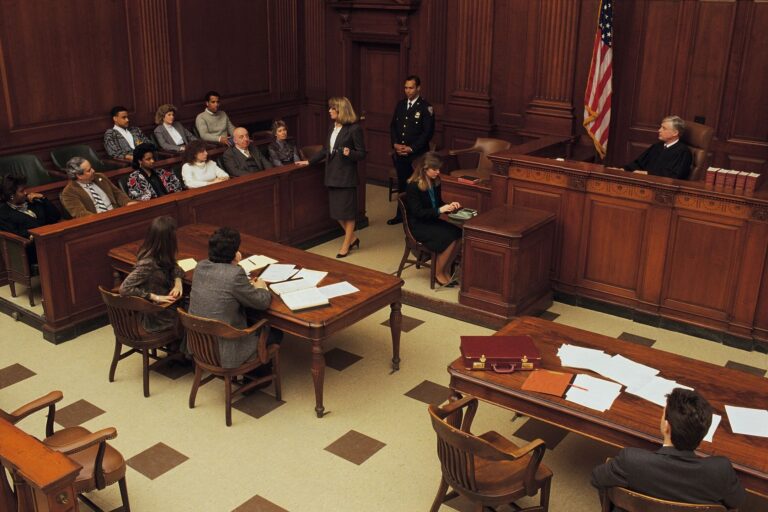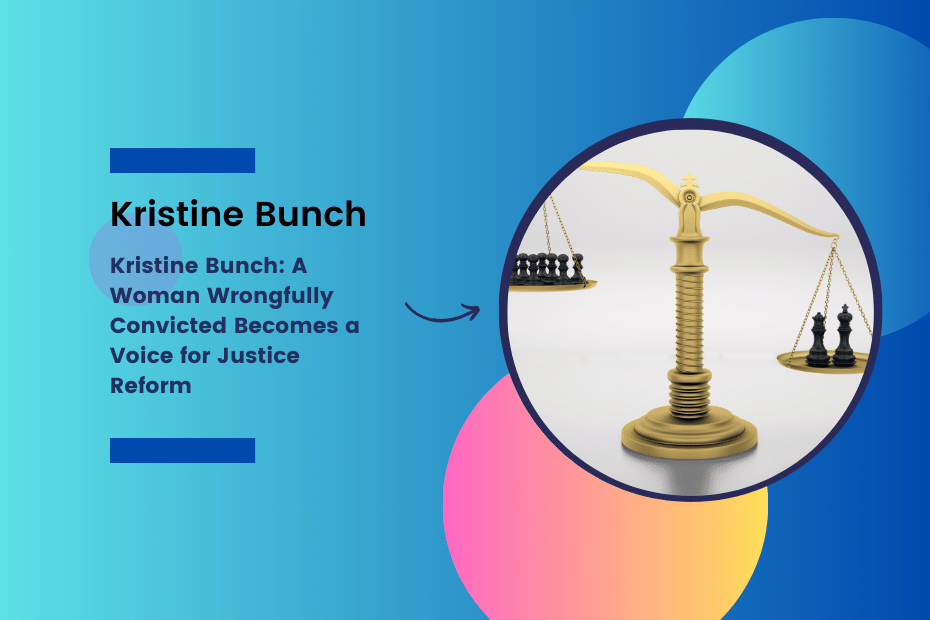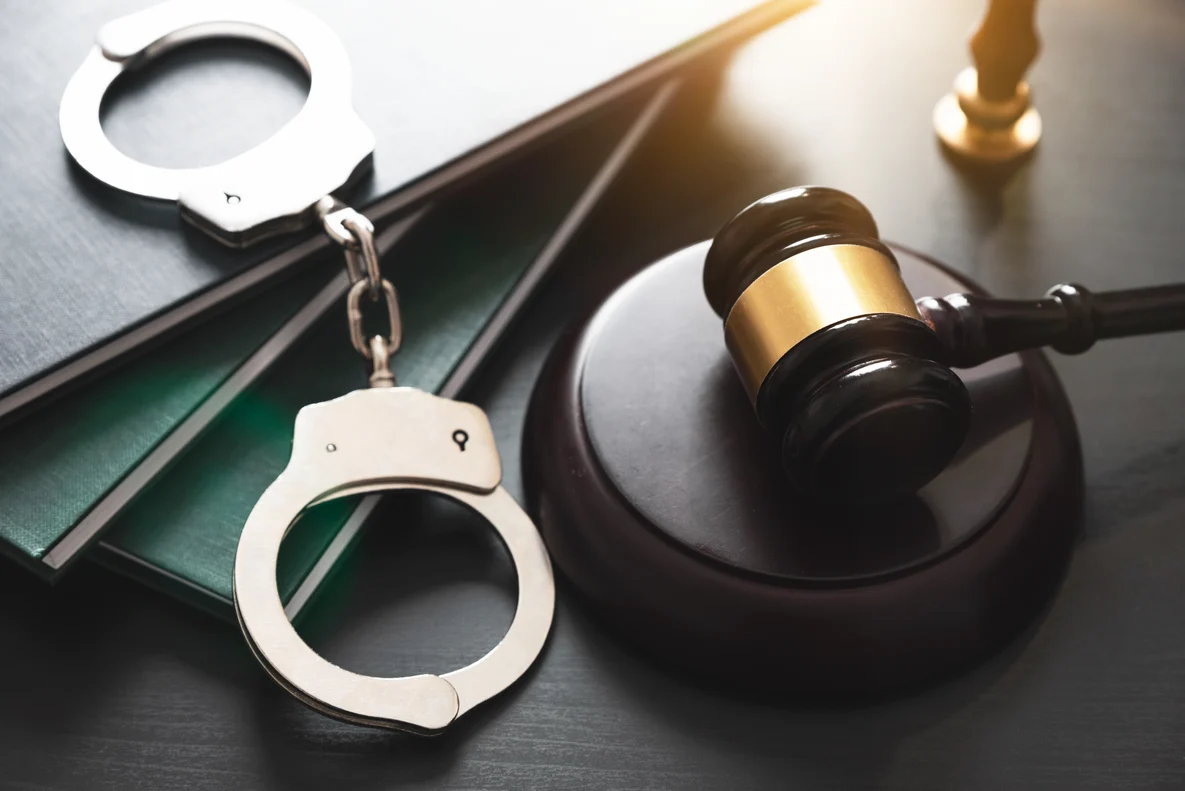“Every American deserves their day in court. Every American is innocent until proven guilty. These are core values enshrined in our founding document - the United States Constitution.”
Congressman John Garamendi
In the United States, prosecutors have a significant amount of power and discretion. They decide what charges to bring, handle plea bargains, and request sentences after conviction. While the vast majority of prosecutors act within the bounds of the law, there have been numerous cases of prosecutorial misconduct in recent years.
Types of Prosecutorial Misconduct
There are four general categories of prosecutorial misconduct. The first is probably the most widely known: the Brady violation. This occurs when a prosecutor knows or should know that evidence exists that would exonerate a defendant but fails to disclose it to the defense before trial. Prosecutors are required to turn over such information. In some cases, courts have found that prosecutors deliberately withheld exculpatory evidence in order to secure a conviction. Brady violations erode the accused’s right to a fair trial and can lead to wrongful convictions.
Unfortunately, Brady violations are very difficult to uncover. Courts generally trust the prosecutor’s assertions that such evidence doesn’t exist. Brady material is usually uncovered by supervisors or oversight prosecutors years after a person is convicted, and even then it might not be turned over if the oversight prosecutor chooses to keep it hidden. Having independent oversight committees is therefore crucial in preventing Brady violations and wrongful convictions. Courts should also be more open to explore defense claims of Brady violations, even if it means delaying trial dates or holding additional hearings.
The second category of prosecutorial misconduct is the use of false or misleading evidence. This can take many forms, such as presenting fabricated evidence to the jury, failing to correct testimony that the prosecutor knows is false, or making misrepresentations about the evidence to the court. This type of misconduct can also lead to wrongful convictions and erodes public trust in the criminal justice system.
A third category of prosecutorial misconduct is witness coaching—when prosecutors or other law enforcement officers suggest to a witness what they should say in order to secure a conviction. Depending on the jurisdiction, not all witness interviews are recorded. The government usually gives the defense a summary, prepared by law enforcement, of their conversations with the witnesses. There is obviously a strong danger that the officer or agent will omit information favorable to the defense and embellish on unfavorable details, and the defense has no way of knowing what was actually said. Before trial, the prosecutor and lead officer/agent usually meet with the witnesses to make sure their testimony will be consistent with what they said previously, and sometimes the government takes this “preparation” too far. This is unethical, as it undermines the integrity of the trial, and can lead to the conviction of innocent people.
The final category of prosecutorial misconduct occurs when the government “invades the defense camp.” The Constitution guarantees the right to a fair trial. This means that the defense must be able to prepare for trial without covert interference from the government. The government “invades the defense camp” when they elicit, obtain, possess, and/or use confidential or privileged material from the defense.
This recently happened in the Pisoni et al. case, wherein the prosecutors and agent flipped a co-defendant, who was in a joint defense with the other defendants and got the co-defendant to feed information obtained during their joint defense meetings to the government. The government thereafter made numerous false statements to the judge about the invasion. Five years after the convictions, when the truth finally came out, United States District Judge Darrin Gayles ordered a new trial, stating, “[t]he government’s actions offend bedrock principles of the American criminal justice system: the integrity of the courts, the legitimacy of the adversarial process, and the assurance of justice.”
Holding Prosecutors Accountable
There are several steps that can be taken to address and prevent prosecutorial misconduct. One solution is to increase transparency in the criminal justice system, through measures such as body-worn cameras and open record laws. An increase in public outcry following the release of body-worn camera footage on social media showing police misconduct is proof that the general public takes misconduct seriously.
Additionally, there must be independent oversight boards to investigate and discipline prosecutors who engage in misconduct. Currently, prosecutors who commit misconduct are rarely shown in the media and do not suffer the same career consequences that people face in other fields. Like all other lawyers, prosecutors are bound by the Model Rules of Professional Responsibility, which prohibits prosecutorial misconduct; violation of these rules can lead to disciplinary action such as suspension or disbarment. It is imperative that state bars hold prosecutors accountable for their actions.
Lastly, it is important to note that prosecutors can be held accountable by the judiciary; if a trial or appellate court finds that a prosecutor violated a defendant’s constitutional rights, the court can take various actions, such as dismiss the charges against the defendant, declare a mistrial, or overturn a conviction. Judge Gayles’ decision in the Pisoni case is a perfect example of a court holding the government accountable—the JRF hopes to see other judges do the same.
Justin Magnuson started the Justice Reform Foundation (JRF) to help fix the broken criminal justice system and educate the public on issues like prosecutorial misconduct. The JRF continues to seek out ways to build greater oversight so that other individuals don’t have to forfeit their rights in the pursuit of a conviction.






.png)